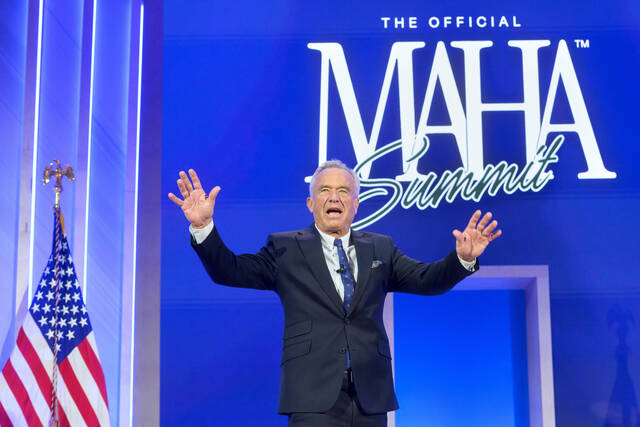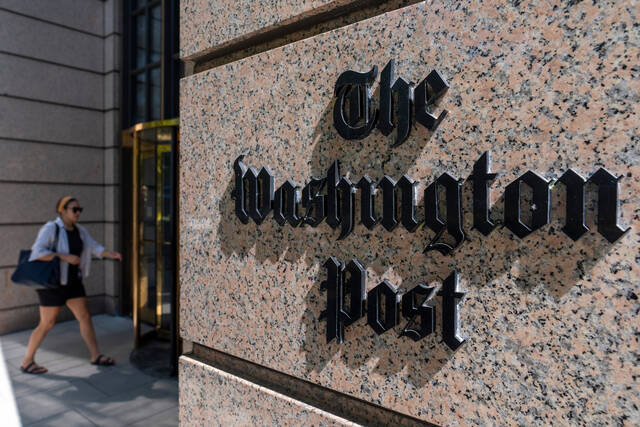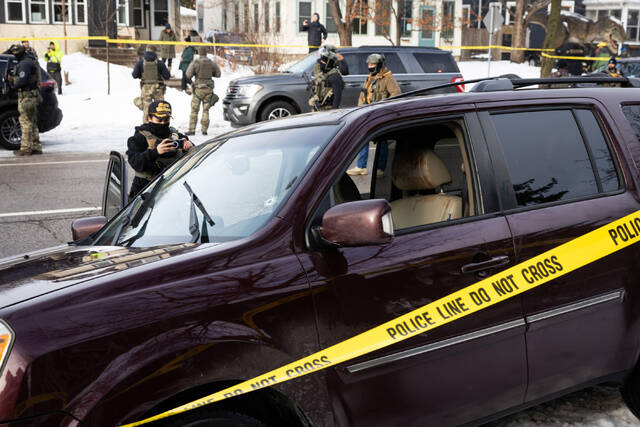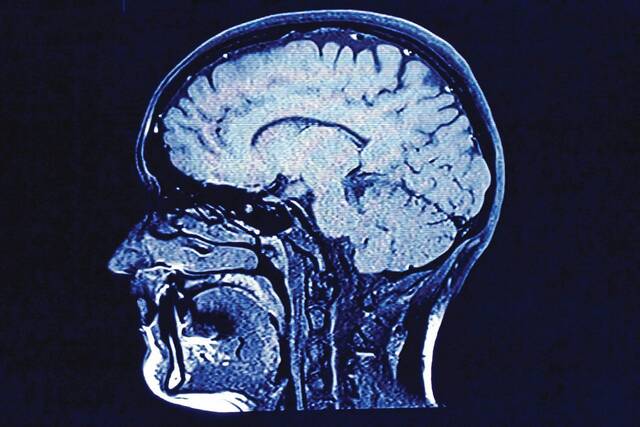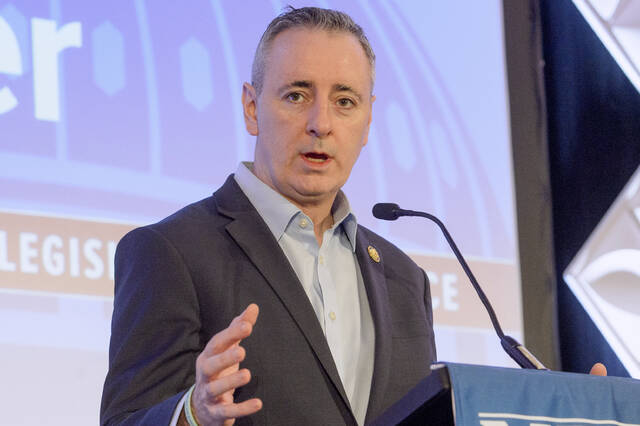If there is one thing we have learned in 2020, it is what a hero looks like.
A hero doesn’t have to jump in front of a bullet. He might drive a bus. A hero doesn’t have to run faster than a train. She might admit patients in the ER. A hero might make a million dollars or scrape together pennies to get by.
What makes a hero isn’t the outfit or the job. It’s the person.
And that is how my son — like kids and fans and just plain people around the country — lost a hero.
Actor Chadwick Boseman, 43, the man who brought Black Panther, Jackie Robinson and James Brown to life on the big screen, died.
His passing Aug. 28 from colon cancer was a seismic event for many. The tweet from his account announcing his death almost immediately shot to the top of Twitter’s trends and now holds the record as the most “liked” in the platform’s 14-year history.
So why did one Hollywood star cause such a wave of loss? This has been a year drowning in death. Kobe Bryant. Kirk Douglas. Olivia De Havilland. Little Richard. Politicians. Scientists. Legends. What is one guy in a unitard compared to that?
A lot. Because it wasn’t the unitard. It was the guy.
Boseman had been a steadily working, respected actor for years, but it was only about seven years ago that his trajectory changed from “is he the guy who was in that movie?” to being the guy who gets top billing. He had a career built on hard work and smart choices.
Those choices included the people he portrayed. While “Black Panther” gave him the iconic costume and his place in a Marvel pantheon for the most successful movie franchise ever, being the King of Wakanda was hardly the first time he stepped into big shoes.
For kids who don’t remember a time when Black people were unable to play professional mainstream sports, he donned the No. 42 and showed them Robinson’s journey. When equality and freedom seemed in short supply, he made “Marshall” and became a legend of the U.S. Supreme Court. His greatest roles were role models.
Boseman did big epic productions. He did small independent films. He wrote plays. Before he became famous, he taught drama in a New York City program for kids to learn history and culture through art and expression, and the rest of his career seemed to follow that arc.
He represented Black people while pulling other cultures into his conversation rather than pushing them away. He showed paths to success through education. He stood up for the value of standing up.
He did it all with heart and a strength that no one realized was so much greater than his comic book counterpart.
Boseman knew he was fighting a stage 3 cancer. He didn’t take it as a death sentence. To the contrary, the last four years of his life were his most productive. He reached his highest career heights in the years since he was diagnosed.
That’s a way Boseman can be a role model again, and maybe that’s why his death has hit so many so hard.
In a coronavirus world, we need to be heroes for ourselves and our neighbors. We need to face down disease. We need to stand up to injustice. We need to find a way to not just survive the bad things but do our best work in spite of them.
And Boseman showed us that’s possible on screen and off. My hero.



